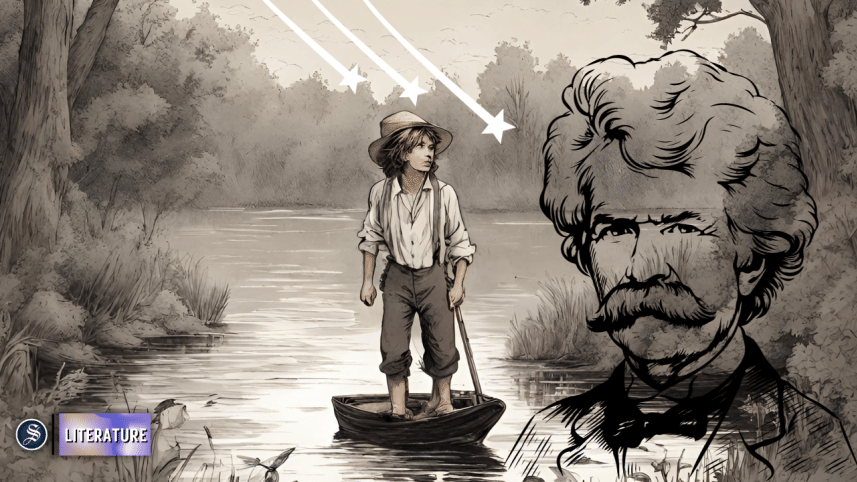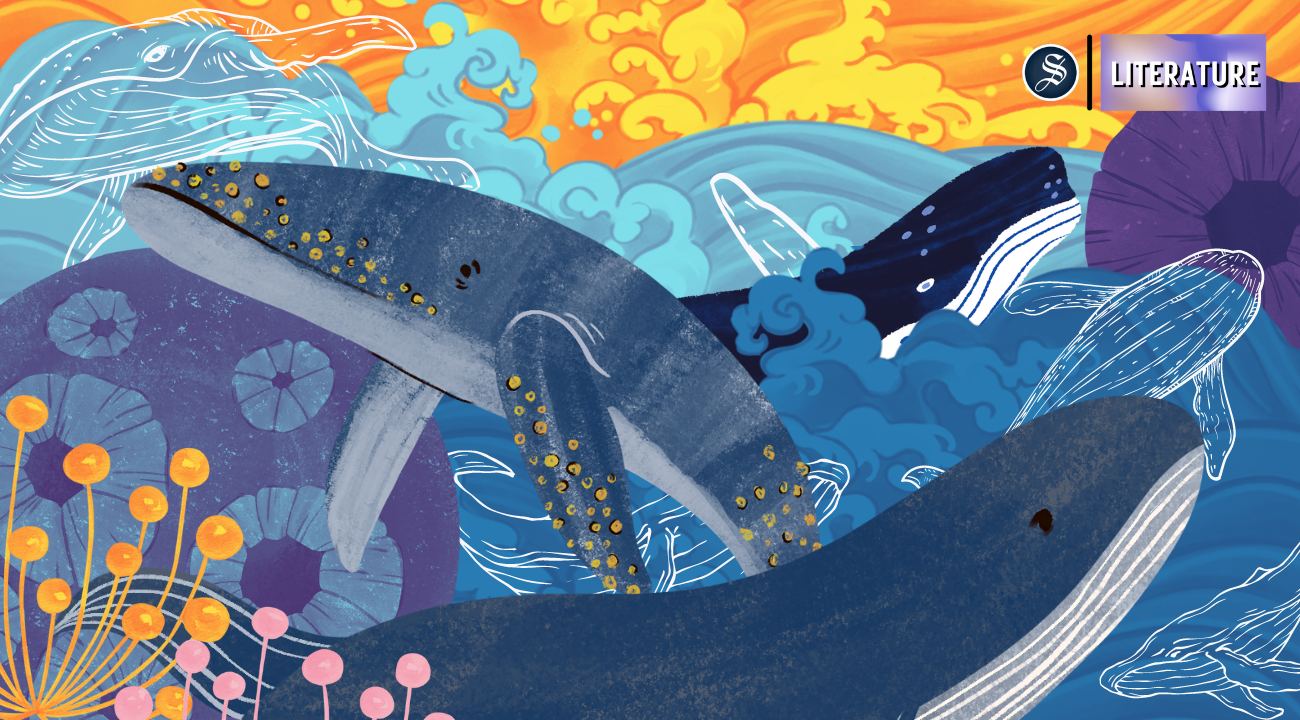Growing up with Mark Twain

On a chilly winter morning of November 2010, I came across a story that would stamp my childhood permanently. It was the winter vacation and the school finals were just over. While playing board games at one of my friend's, I found quite a picturesque book filled with illustrations and art. It was titled, The Adventures of Tom Sawyer (1876). I took the book and started reading it during my vacation. I ate the illustrious book up and its yellow pages up in 7 days and collected another of Twain's works, Adventures of Huckleberry Finn (1884). My entire winter of 2010 was sucked into the adventures of the little, mischievous Tom Sawyer and his notorious friend Huckleberry. Their stories ran through the bloodstream of my childlike heart and I travelled through the county and river-side of Mississippi. Twain enticed me with his thrilling, humorous and colloquial adventures of 19th century America. Through the life of Tom and Huck in November of 2010, I realised my love for adventures.
Samuel Langhorne Clemens, commonly known as Mark Twain, started his literary career with the publication of The Celebrated Jumping Frog of Calaveras County in November, 1865. Interestingly he also had his birthday in November and I too, first experienced the thrill of his adventures during one chilly November, tucked under a warm blanket. Besides being a great American author and humorist, Twain had quite an interesting life himself. He started his career in the printing press and later joined as a boatman in a steamboat called Pennsylvania. Many of his writing was inspired from his life as a boatman which draw the beautiful scenes of Mississippi river. In fact, his pen-name Mark Twain was actually picked-up from the common expression of Mississippi boatman to indicate 'two fathoms of water' in the river. In his later life Twain worked as a miner in Nevada and travelled the West as a journalist. His two most famous works The Adventures of Tom Sawyer and Adventures of Huckleberry Finn paint the memory of his childhood in Missouri. While reading his novels, the small town of St. Petersburg feels home to Twain's teenage life in Hannibal. You travel through centuries to find the great American West and the small towns of 19th century America. Especially, with your friend Tom Sawyer and Huck Finn, you laugh at the vanities of American social life. On the other hand, the exhilarating journey with their gang into the spooky graveyard and caves, are sure to shiver a cold wind down your spine.
Twain was a great believer of spiritualism and parapsychology. While working in the steamboat, his younger brother and co-worker Henry died from the boiler explosion accident. He blamed himself for Henry's death and claimed to have foreseen the accident in his dreams. He was born two weeks after Halley's Comet's closest approach in 1835 and believed he had a cosmic connection with the comet. In 1909, just a year before his death, Twain said, "I came in with Halley's Comet in 1835. It is coming again next year, and I expect to go out with it. It will be the greatest disappointment of my life if I don't go out with Halley's Comet". Oddly enough Mark Twain left this terrain with the comet on 21st April, 1910 just as it was passing down earth. Despite being a boatman, Twain had an odd relationship with water. He had drowned nine times in his life and developed a fear of water. While drowning he was once saved by an enslaved man and many think that his character Jim in Huckleberry Finn was inspired by that incident. He was an admirer of science and a close-friend of the famous scientist Nikola Tesla. In fact, he had volunteered himself for Tesla's oscillation experiment. Twain was a great believer of animal rights; he particularly loved cats and he had 19 pet cats living with him. It makes you think of the cats of St. Petersburg and Tom's life with them.
Even after all these winters, the adventures of Tom Sawyer and Huckleberry Finn still stick to me. Their relevance still prevails as they have become a cunning commentary of American society and civilization. The ideas of racism, slavery and inheritance are humorously ridiculed and questioned in his novels. Reading his works now, I find an intelligent comparison of race and rights hidden under the adventure narrative of Huckleberry Finn. Huck and his fleeing partner Jim, the enslaved, embarks on a journey that is both adventurous but raises complex questions about America itself. Jim's longing to the free states beyond the border realises the dream of enslaved Americans in the 19th century. Once you begin reading Mark Twain, he will draw you in with his adventurous and thrilling storytelling, his honesty and ability to critique, and because he is laugh-out-loud funny.
KM Arefin is a faculty member at Bangladesh University of Professionals and a researcher of postcolonial Bengali literature. Reach him at khanmohammadarefin@gmail.com



 For all latest news, follow The Daily Star's Google News channel.
For all latest news, follow The Daily Star's Google News channel. 
Comments